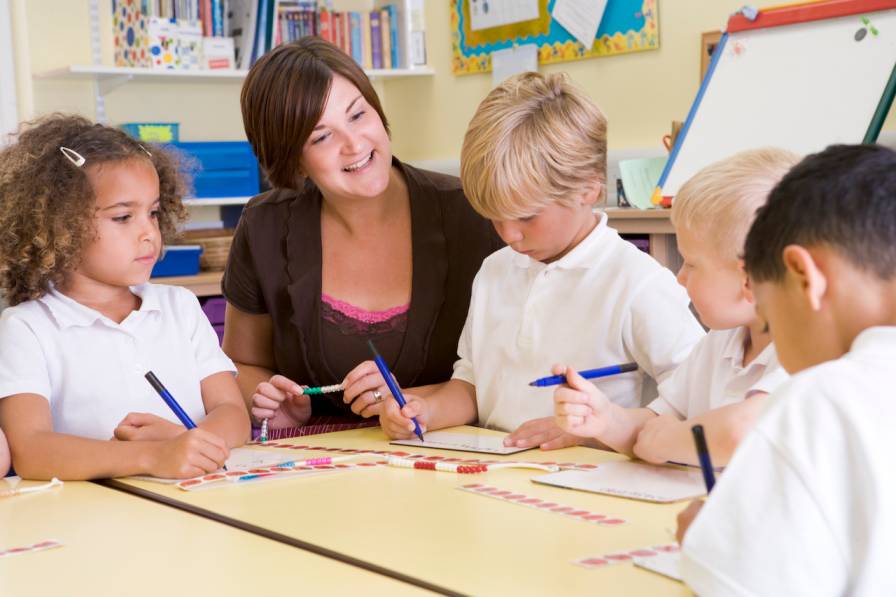Interventions
Educational psychologists offer a wide range of appropriate school interventions to help support children and young people. Effective programmes are often built on strong collaborative working and the sharing of professional skills. They could be with individual children and young people, for groups or whole classes in school or be targeted at change at an authority level. Examples include supporting children and young people with complex needs to achieve their potential in their local school, providing therapeutic intervention, literacy development and supporting effective transitions. School intervention methods are based on best practice and current research. Interventions should be carefully planned and implemented on the basis of agreed action plans to address an identified need.

Example School Interventions
- Video Interaction Guidance (VIG) is a positive, therapeutic intervention that enhances a client’s skills in communication, interaction and relationships.
- Nurture groups offer an opportunity to learn the early nurturing experiences some children and young people lack, giving them the skills to do well at school, make friends and deal more confidently and calmly with the trials and tribulations of life, for life.
- Friends for Life – The FRIENDS Programs are a series of Resilience programs developed by Professor Paula Barrett. The programs aim to increase social and emotional skills, promote resilience, and preventing anxiety and depression across the lifespan.
- Circle of Friends – Promoting inclusion of students with disabilities and difficulties. Develops social and communication skills.
- Literacy Interventions – There are a wide range of programmes available, further information and a review of the research can be found here.
Educational psychologists can advise on the evidence base behind the school interventions, and support with the implementation.
